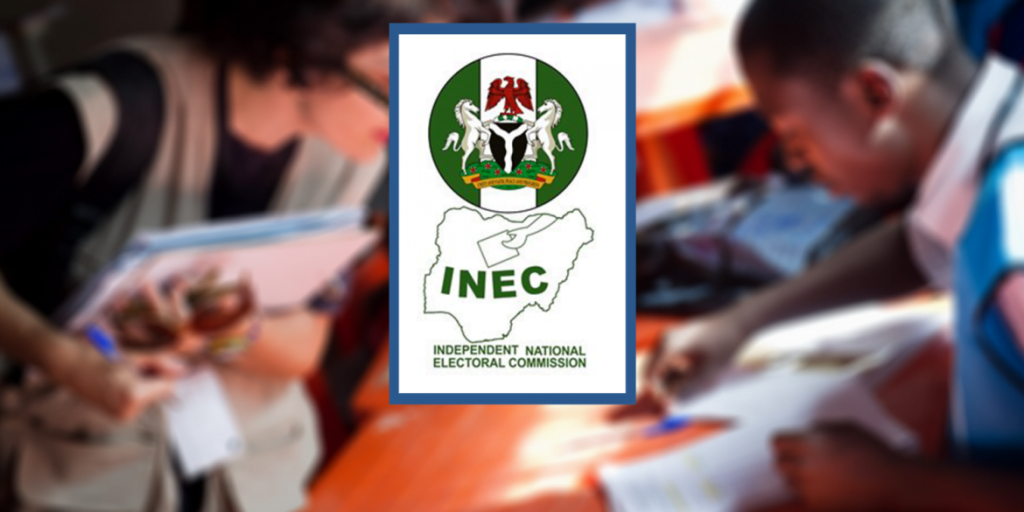A Grieving Family’s Quest for Justice: The Case of Mike Madu and INEC’s Negligence
The Federal High Court in Abuja delivered a landmark judgment in favor of the family of Mike Madu, a successful businessman tragically killed in a road accident involving an Independent National Electoral Commission (INEC) driver. Justice Inyang Ekwo ordered INEC to pay N1.12 billion in compensation to Madu’s family, along with 10% interest per annum until full payment is made. This substantial sum reflects the profound impact of Madu’s untimely death on his family, both financially and emotionally. The court also mandated INEC, its chairman, Prof. Yakubu Mahmood, and other defendants to send a formal letter of condolence to the bereaved family, acknowledging their role in the tragic incident. This case underscores the importance of accountability for institutions and individuals whose negligence leads to the loss of life.
The legal proceedings, initiated by Augustine Madu, the deceased’s brother, on behalf of their community in Imo State, sought redress for the wrongful death of Mike Madu. The lawsuit named INEC, its chairman, the INEC commissioner in Abuja, and the driver responsible for the accident, Hassan Abdul, as defendants. Augustine’s claim detailed the circumstances of the accident, highlighting the reckless driving of the INEC driver as the primary cause. The tragic incident occurred on the Itobe-Anyigba Expressway in Kogi State when the INEC vehicle, driven by Abdul, veered into the opposite lane, colliding head-on with the Lexus car carrying Mike Madu and two Chinese investors. The collision resulted in the death of Madu and one of the investors, leaving the surviving investor and the Lexus driver with serious injuries.
The police report corroborated Augustine’s account, attributing the accident to Abdul’s excessive speed. Furthermore, a post-mortem examination conducted under court order confirmed the cause of death. Despite the clear evidence of negligence, INEC displayed a shocking indifference to the Madu family’s grief, offering neither condolences nor compensation for their loss. This callous disregard for the human cost of their driver’s recklessness further fueled the family’s pursuit of justice. The court’s judgment serves not only as financial restitution but also as a condemnation of INEC’s insensitive response to the tragedy.
Mike Madu, a dynamic entrepreneur who facilitated business partnerships between Nigeria and China, was the primary provider for his family, including his Chinese wife and son. His sudden demise created a significant financial void, leaving his family in dire straits. The court recognized the devastating impact of his death on his dependents, both in Nigeria and China, and awarded substantial compensation to address their immediate and long-term needs. The judgment underscores the importance of holding institutions accountable for the actions of their employees, particularly when those actions result in the loss of life and the disruption of families’ livelihoods.
During the trial, Augustine Madu testified as the primary witness, providing a detailed account of the events leading up to and following the accident. The supporting testimony of a police officer further strengthened the plaintiff’s case. Despite being summoned for cross-examination, the defendants failed to appear in court, a move interpreted as a lack of commitment to the legal process and a disregard for the gravity of the situation. This absence likely contributed to the court’s decision to rule in favor of the plaintiff. The defendants’ failure to engage with the legal proceedings served to reinforce the image of an institution unwilling to take responsibility for its actions.
The court’s ruling represents a significant victory for the Madu family, providing them with much-needed financial support and a sense of closure. The substantial compensation awarded acknowledges the profound impact of Mike Madu’s death on his family and holds INEC accountable for the negligence of its employee. This case serves as a powerful reminder of the importance of responsible driving and the devastating consequences that can result from reckless behavior on the road. It also highlights the crucial role of the judiciary in ensuring that institutions are held responsible for their actions and that victims of negligence receive appropriate redress. The judgment sends a strong message to all organizations, emphasizing the need for stringent safety standards and a commitment to accountability when accidents occur.














